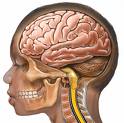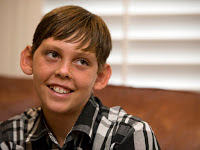Antisocial Behavior in Aspergers Teens
Antisocial behavior is characterized by diagnostic features such as superficial charm, high intelligence, poor judgment and failure to learn from experience, pathological egocentricity and incapacity for love, lack of remorse or shame, impulsivity, grandiose sense of self-worth, pathological lying, manipulative behavior, poor self-control, promiscuous sexual behavior, juvenile delinquency, and criminal versatility among others. As a consequence of these criteria the antisocial individual has the image of a cold, heartless, inhuman being. But do all antisocial individuals show a complete lack of normal emotional capacities and empathy? Like healthy people, many antisocial individuals love their parents and pets in their own way, but have difficulty loving and trusting the rest of the world. Furthermore, antisocial individuals do suffer emotionally as a consequence of separation, divorce, death of a beloved person or dissatisfaction with their own deviant behavior. Antisocial indiv



